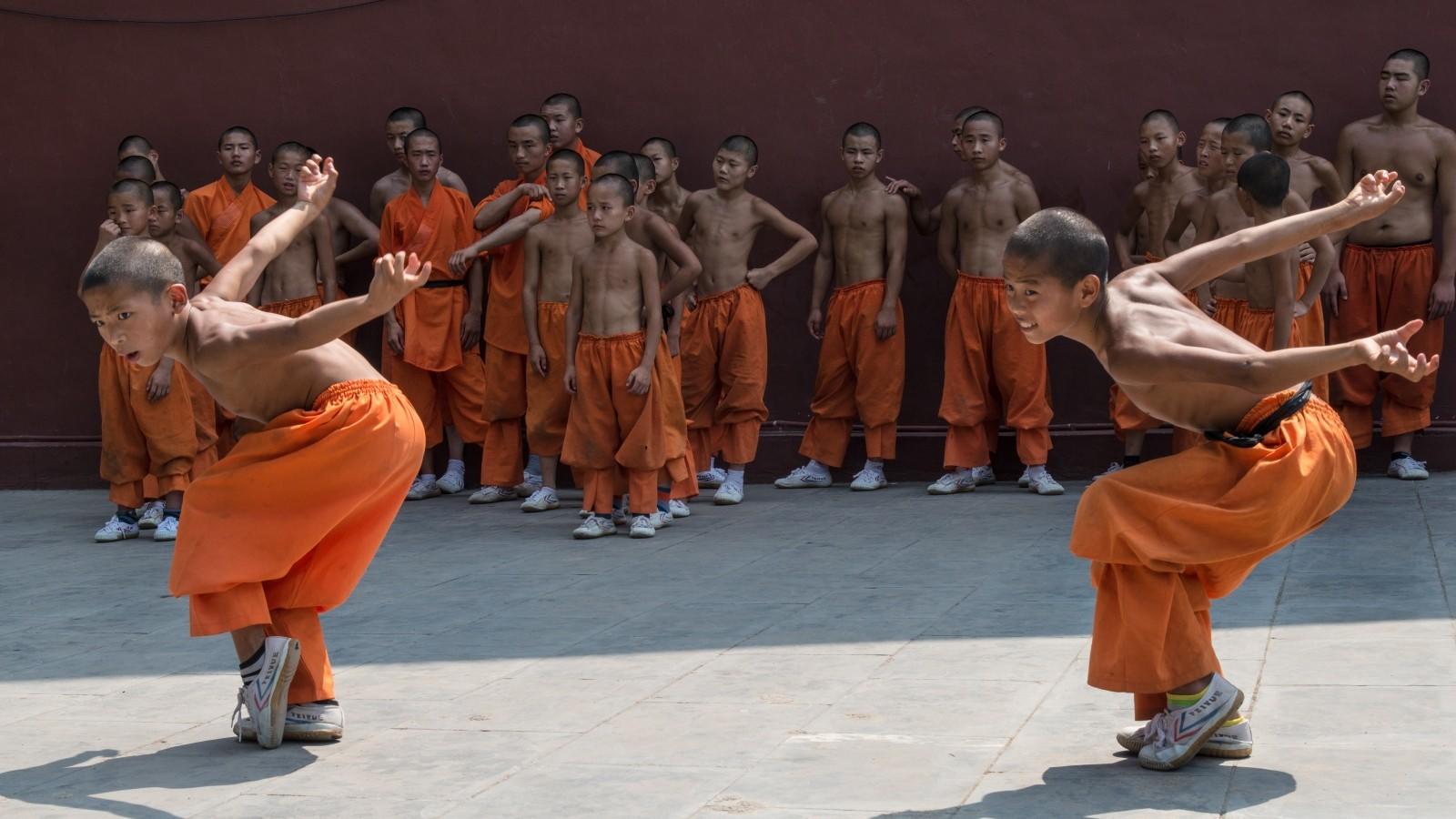Every year the Chinese New Year Celebrations prove to us one thing: that Chinese history and culture is extaordinary given it is based on a tradition over a thousand years old. No matter if you're a worldy traveller or simply interested in history, the story of China and its great dynasties tempt one to learn its language, Mandarin. What a way to learn the culture of a society. Still today, China attracts visitors from all over the world to its famous historical sites like the Great Wall or the Forbidden City in Beijing. A nation controlled by dynasties for centuries, such as the Tang dynasty, Ming dynasty, Qing dynasty and the Sui dynasty (just to mention a few!) These are periods of dominance over the nation by certain ruling families. Interestingly, some of these dynasties endured for centuries while others only survived a decade or two. Although, all of them impacted Chinese culture, economics, art and politics in different ways, and we can discover a lot about Chinese culture from studying the history of these dynasties. Martial arts, traditional medicine, Buddha, the Dragon Boat Festival, yoga and origami (Yes, apparently it's Chinese) are just some of the more more well known elements of Chinese society to reach a worldwide audience. When it comes to spiritual types, many are attracted to the centuries old customs of spirituality in Chinse, perhaps most notable Chinese medicine. While studying Mandarin classes,it will be much easier delve into the culture and history of this ancient land. Lets journey along the linguistic Silk Road of China, viewing all the cultural oddities that are offered to us... Thank you 谢谢 Discover how to learn Chinese if you are English...

Martial Arts in Chinese Culture
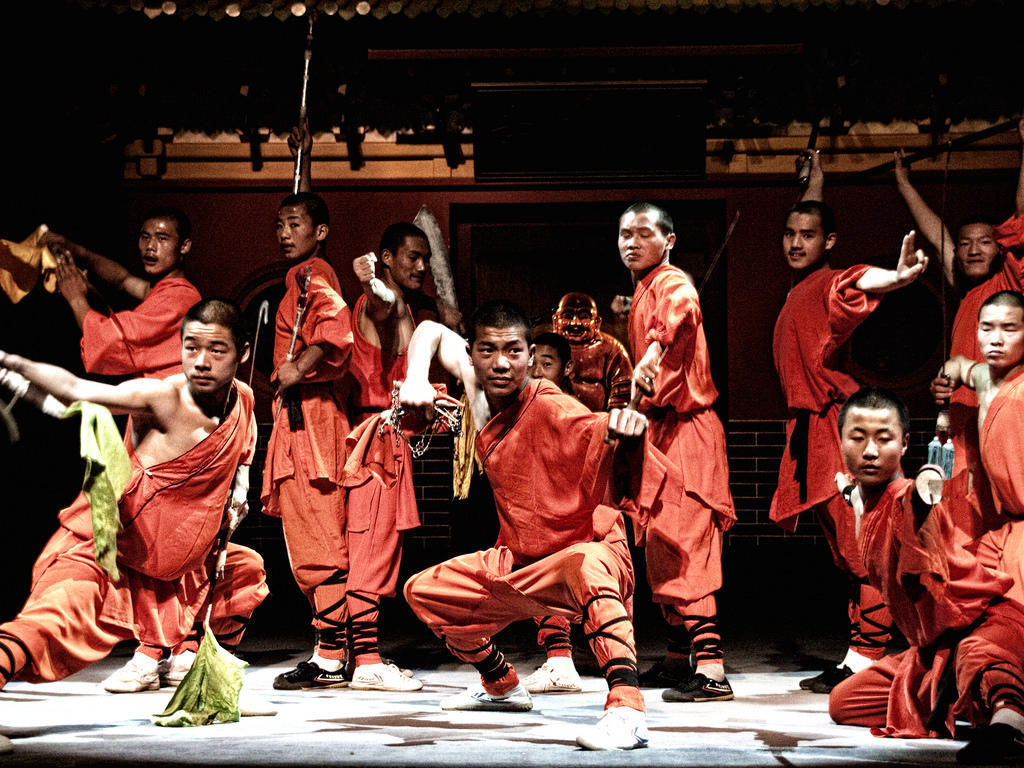
Eyes glued to the TV, the movie is playing and the child watching ignores anything that is said to them… The protagonist of the film throws out several fluid moves without stopping and a single stick of bamboo allows him knock out a squadron of enemies without taking a single blow. That child, could well have been you a few years ago? The heroes of the era included:
- Jackie Chan,
- Jet Li,
- Samo Lo…
The film, one of global hits to come out of China, including:
- Project A,
- Police Story,
- Once upon a time in China,
- Fist of Legend,
- as well as Kiss of the Dragon.
You can discover a Chinese tutor here.
Maybe even all these years later, you can find the same delight these films again you can notice some cultural elements that you may have missed when you were younger.
To find out more about martial arts, we need to look deep into China's past, all the way back to the formidable temple of Shaolin, from the province of Henan… Although, it's a shame. Foreign students aren't allowed to travel directly to the temple Shaolin to train with the monks. It's reserved only for locals. However, if you do vistit China, you can enroll in a "Wushu" school, famous for Shaolin Kung Fu, where you will find the monks of Shaolin who can teach you the ancient ways of Martial Art masters. These schools - which accept even basic beginners from anywhere in the world - are normally to be found in a quiet and traditional environment which really is the perfect location for learning such a practice. Of course, this is not a language exchange. The masters will probably speak English, but if you want to connect with them on a deeper level, it worth trying your best in Chinese. That way you will improve, too! By learning the Chinese language, such as the vocabulary and the tones of Kung Fu/Wushu Modern/Sanda/Tai Chi and Qi Gong masters, you will arrive much closer to the true nature of a being intergrated in Chinese culture and tradition. Discover our Top 10 reasons to learn Chinese!
Learn Traditional Chinese Medicine
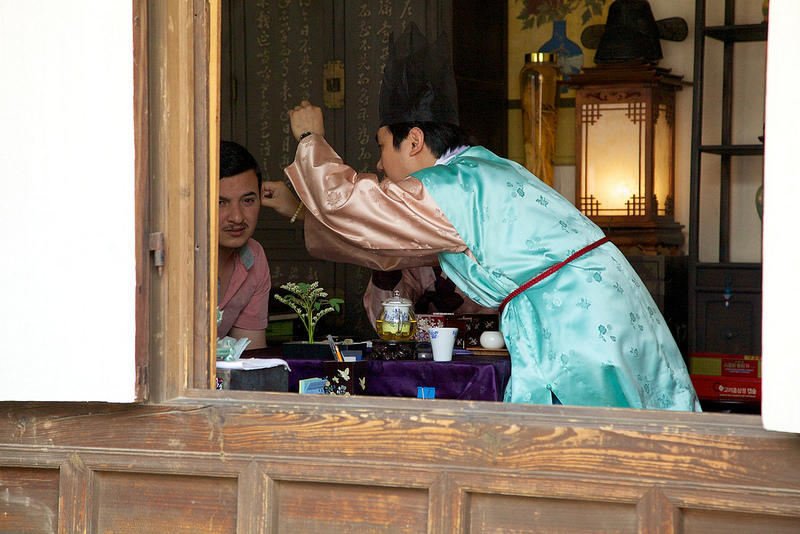
“It's difficult to catch a black cat in a dark room, especially when he's not there.”
This Chinese proverb may appear harmless at first thought, but really it explains well the paradox between western medicine and eastern medicine. Both medical disciplines compete for the first place, although it's the Chinese medicine that is constantly scrutinised in the media in the western world, and perhaps rightly so. Western medicine has its own problems too though, considering the giant pharmaceutical companies and their impacts on society at large. Chinese medicine was born though the tradition of passing knowledge through generations, and is part of the founding cultural ideas of the Chinese civilization. The ideas have been passed through 3000 years of practice and changes itself to adapt to the everyday life of modern society, without losing it's primary beliefs. For numerous Westerners today, the Chinese medicine is thought to be an alternative health option that is outside the cultural norm. They think that while western medicine heals through chemically synthesized medication, with harmful side effects, the Chinese medicine proposes a more ethical approach to healing in order to understand the bodies reactions. Named in the west and in Australia as "alternative medicine", "soft", or even "complementary", Chinese medicine remains quite popular in western countries, with practices such as acupuncture. So it's without using modern drugs that Chinese medicine aims at healing and caring. For people who wish to study it, it's a course at university and in the Institute of Chinese Medicine that you have to go. Open to all learners, including if you are a foreign student, these courses are taught by teachers in English and in Chinese Mandarin. So, in order to help your level in the language of the dragon, one year of education will be offered to you to practice your pronunciation, to perfect your Chinese writing and to study the learner concepts without an English-Chinese dictionary. And to discover the culture in a little more depth, why not go to work in China?

Chinese Yoga - Live Stress Free
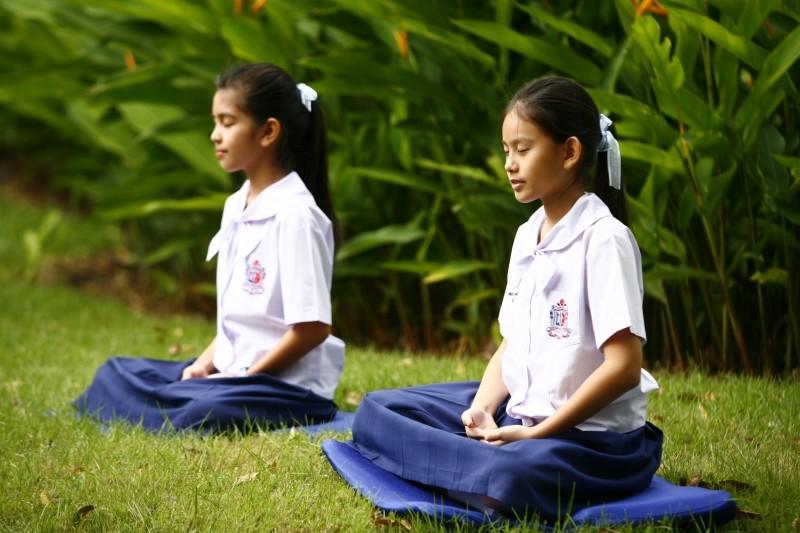
People don't need to go to Wing Yip to understand the enormity of the Chinese Empire. This social and physical practice came to eastern societies several centuries ago and with it the spiritual Chinese culture, famous with its words of Yin and Yang. Just like karma in India, the yin-yang is a social theory still used today and is one of the spiritual Chinese foundations and Buddhism. The idea explains that every object or phenomenon in the universe consists of two opposite and complementary sides. This relationship, called the Yin and Yang, is a universal law of the material world which we find in pretty much everything. This relationship between yin and yang are what forms the martial art of Kung Fu, and is still widely practiced by people in modern China. This school of life that is kung fu, can be thought of as several branches of one tree. One is oriented to the fight (like we see in the movies), and which is the most popular, but another branch exists: the Nei Chia. Nei Chia is an internal practice, focused on syncing the body and mind, and self-control. The only enemy to combat is in this case, yourself! It's the lack of will and concentration which at times affects to a certain level, all of us. In history it has been considered as a superstition, the practice was forbidden and for a long time was only done by the Chinese. Although, it's in the foundations of Kung Fu and its breathing techniques which allow a stronger meditation for the monks of Shaolin. This meditation is what we commonly call today "Chinese Taoist yoga" or the "Qi-Gong". This ancient technique of regeneration is thought to protect the body against diseases but also against the process of aging! Today, learners can use active meditation techniques almost everywhere in the world, but it's necessary to understand Mandarin to help fully realize its social and cultural power. Consider learning Chinese as you travel through China...
Learn Chinese With Origami
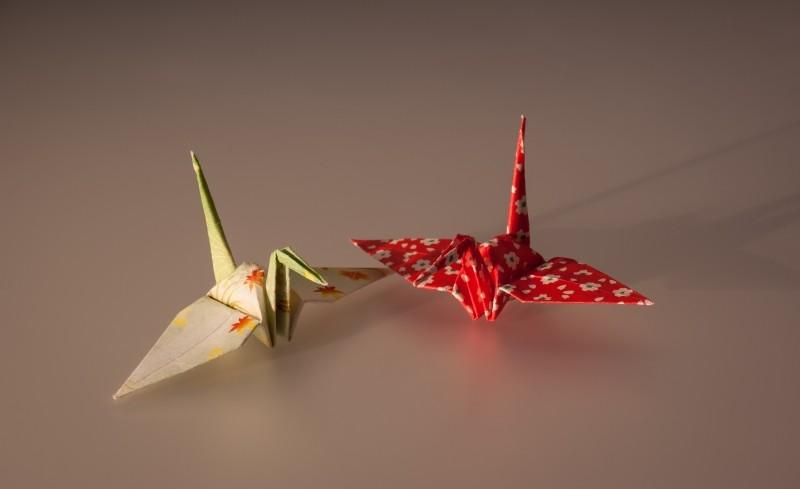
Whilst it originated in China, the Japanese term "Origami" is famous globally, meanwhile the Chinese term "zhézhi" 折纸, is not. Etymologically speaking, the term origami (or: fold and come: paper) comes from Japanese kanji, or Chinese characters. Most students tend to go to the Japanese peninsula to learn the art of folding paper, however, it is from traditional China's thousand year old culture that "origami" was invented. Dating all the way back to the Han dynasty, it wasn't brought to Japan until much later, yet still they get all the credit for it! Buddhist monks invented the techniques of cutting and folding to obtain a form representing a reality. In origami every piece of art, whether it form an animal, object or flower, has a unique meaning. We will offer, for example, a creation of flowers in origami to prove friendship. Not the same as the real thing, but it's the thought that matters, right? So, if you wish to travel to China, in an immersion in the Chinese culture, you will probably have to do some figures on a square sheet of paper through a series of folds, and not spend your whole time tasting different food! Discover also the many benefits of learning Chinese...
Find a Mandarin Course in China
For those interested in taking lessons to improve their understanding of Mandarin, the best way is to take a course in China, of course! It's easy to find a course with a business that offers lessons (not free), with a dedicated teacher that will help you to read Chinese characters in a book, newspaper or street sign, and of course speaking the local dialect, with friends and maybe even a local family. A famous business in China dedicated to teaching foreigners Mandarin, is KEATS. KEATS is an immersive language school in Kunming. They offer courses and lessons of all types of varieties, from individual or group lessons, or even home-stay arrangement with a local family. If you stay at the school day and night, you'll have access to the best food in the city at their cafeteria, and you can eat their at any time during the day.
See why not Mandarin Chinese here on Superprof. You can also find a great Chinese course Melbourne or wherever you are located in AU.
Chinese Language Course + Volunteer
The most popular course at KEATS is the blend of a language course with a volunteer program opportunity. You are free to choose which type of language learning option you do. You will have a personal academic advisor (also your teacher), which will help you transition to the culture of China, without needing a guide book! The teacher will provide you with all the cultural know-how of getting around the city and interacting with locals. Your teachers at the school will also tell you about any local festival or traditions that are happening in the city or country in general. KEATS also provide free meals in this program (included in the enrolment fee). So if you're a student looking for an education opportunity in Chinese, we suggest to look no further than KEATS. KEATS will train your writing, reading, speaking and knowledge of Chinese people and culture also!
Seek out Chinese lessons Sydney here on Superprof AU.
Summarise with AI:

